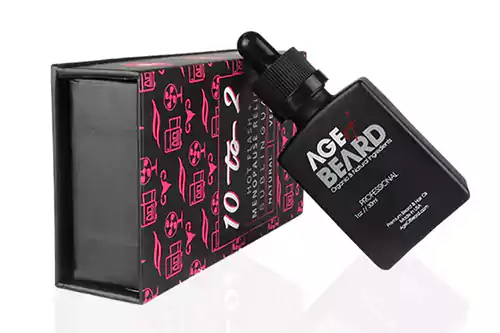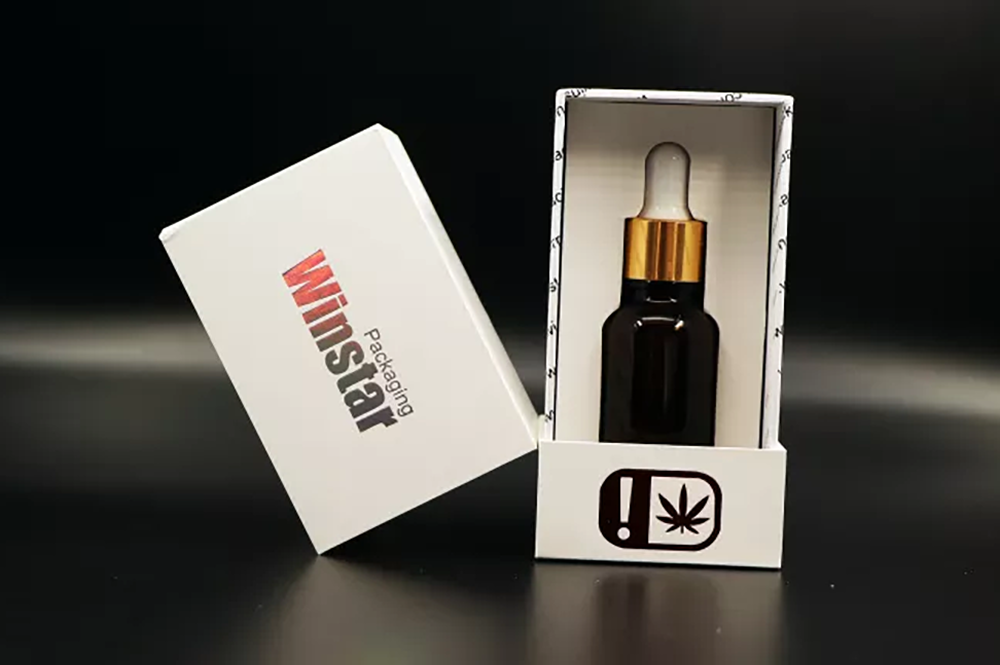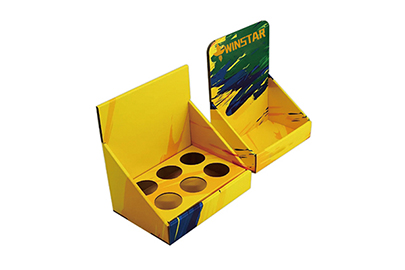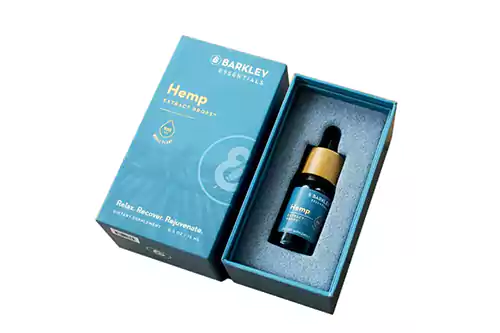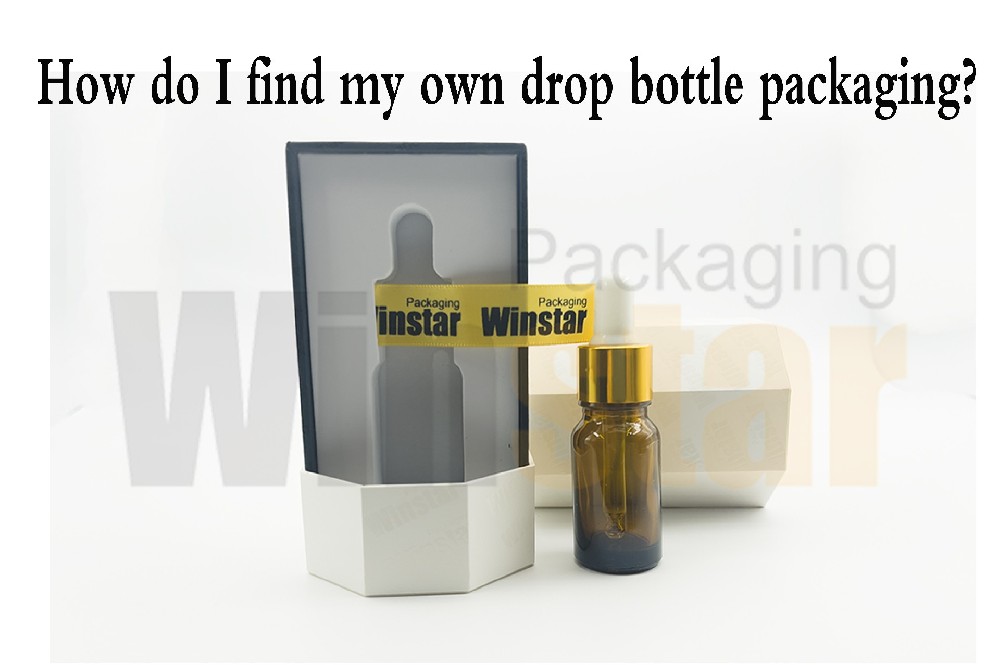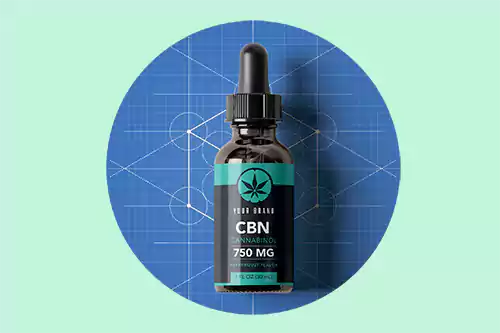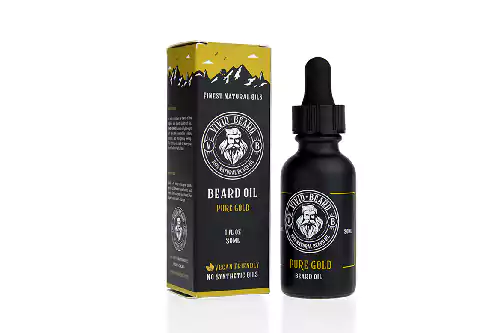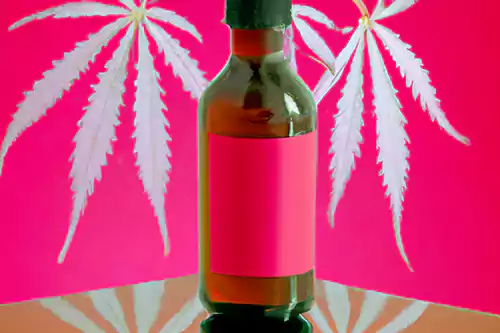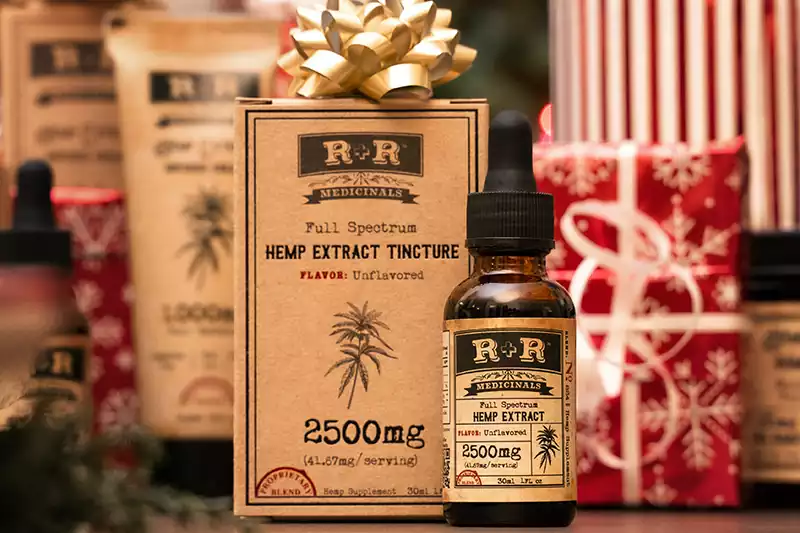Tinctures are an excellent way to consume medicinal herbs and supplements. They are a concentrated liquid extract that is easy to consume and absorbed by the body. However, there are several factors to consider when it comes to storing and dispensing tinctures. In this article, we will answer some frequently asked questions about tinctures and provide you with some useful tips.
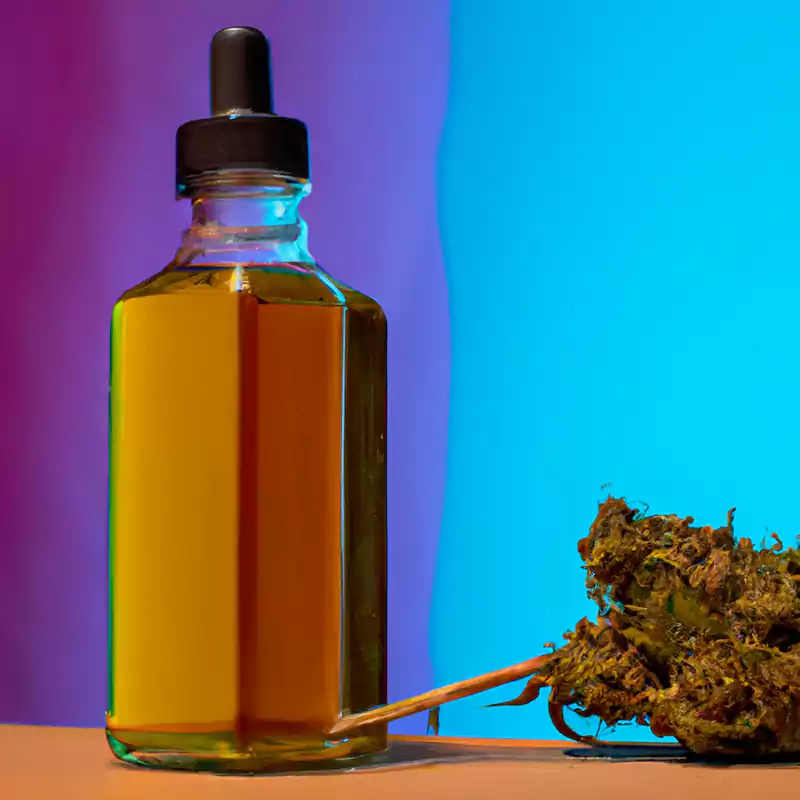
What color bottles are best for tinctures?
Tinctures should be stored in dark amber or blue glass bottles. These colors help to prevent light from degrading the active compounds in the tincture. Clear glass bottles are not recommended as they allow light to penetrate and can cause the tincture to lose potency over time.
How many ml is a tincture bottle?
Tincture bottles come in various sizes, but the most common size is 30ml or 1oz.
What size are tincture labels?
Tincture labels should be large enough to display all the necessary information, such as the name of the tincture, the ingredients, dosage instructions, and expiration date. A 2" x 3" label is usually sufficient.
How do you open a childproof tincture bottle?
To open a childproof tincture bottle, press down firmly on the cap and twist in a counterclockwise direction.
Do tinctures need to be in dark bottles?
Yes, tinctures should be stored in dark bottles to prevent light from degrading the active compounds in the tincture.
How many drops are in a tincture bottle?
The number of drops in a tincture bottle depends on the size of the bottle and the dropper's size. A standard 1oz tincture bottle contains approximately 600-700 drops.
How many drops are in 1 mL of tincture?
There are approximately 20 drops in 1 mL of tincture.
What percentage alcohol is best for tinctures?
The percentage of alcohol in tinctures should be between 40-60% for best results. This alcohol concentration helps to extract the active compounds from the herbs and prevent bacterial growth.
How long does a bottle of tincture last?
The shelf life of a tincture depends on the herbs used, the alcohol content, and the storage conditions. In general, tinctures can last up to 5 years if stored properly.
Does tincture get stronger the longer it sits?
Tinctures can become more potent over time as the active compounds become more concentrated. However, this is only true up to a certain point, and after a certain period, the tincture may lose potency.
Do tinctures lose potency over time?
Yes, tinctures can lose potency over time if they are not stored properly. Exposure to light, heat, and air can cause the active compounds to degrade and lose effectiveness.
What is the best way to store tinctures?
Tinctures should be stored in a cool, dark place away from direct sunlight and heat sources. It is also important to keep the bottle tightly sealed to prevent air from entering and degrading the tincture.
Can I store tincture in plastic?
No, tinctures should not be stored in plastic as plastic can react with the alcohol and cause the tincture to become contaminated.
What kind of container is suitable when dispensing tinctures?
A dropper bottle or a graduated pipette is suitable for dispensing tinctures. These containers allow for precise dosage and are easy to use.
Does heat destroy tinctures?
Yes, heat can destroy the active compounds in tinctures. It is important to store tinctures in a cool, dark place away from heat sources.
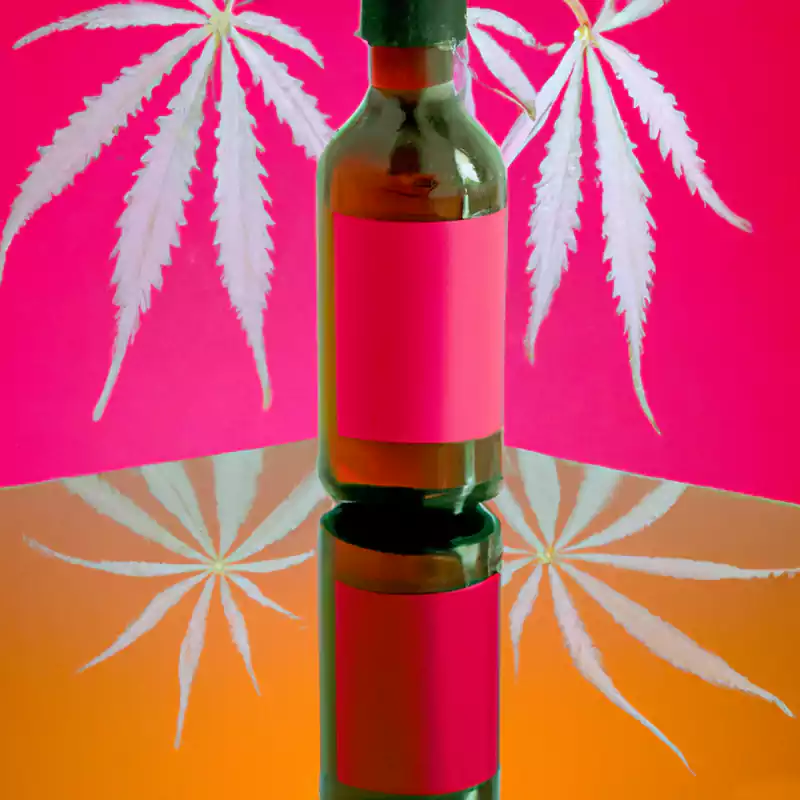
In conclusion, tinctures are an excellent way to consume medicinal herbs and supplements in a concentrated liquid form. However, proper storage and dispensing are crucial for maintaining their potency and effectiveness. It is recommended to store tinctures in dark amber or blue glass bottles, away from direct sunlight and heat sources, and to keep the bottle tightly sealed to prevent air from entering.
Tinctures should be dispensed using dropper bottles or graduated pipettes, allowing for precise dosage. It is also important to check the expiration date and discard any expired tinctures.
In addition, tinctures should be made with a percentage of alcohol between 40-60%, which helps to extract the active compounds from the herbs and prevent bacterial growth. However, tinctures should not be stored in plastic containers, as plastic can react with the alcohol and contaminate the tincture.
In summary, tinctures are a convenient and effective way to consume medicinal herbs and supplements. By following the proper storage and dispensing guidelines, tinctures can maintain their potency and effectiveness for an extended period, providing you with the benefits of the herbs and supplements for your health and wellness.
References
Gaby, A. R. (2006). The role of alcohol as a solvent in herbal tinctures. Alternative Medicine Review, 11(2), 71-78.
Hirsch, T. (2014). Tincture making 101: How to make high-quality herbal tinctures. Mountain Rose Herbs.
Holmes, P. (2013). The energetics of western herbs, Vol. 1. Snow Lotus Press.
Jovanić, B. R., et al. (2020). Standardization and quality control of herbal tinctures: From traditional to modern methods. Plants, 9(5), 575.
Singh, B., et al. (2015). Herbal tinctures: A review on traditional use, phytochemistry, pharmacology and analysis. Journal of Ethnopharmacology, 164, 237-254.
Tilgner, S. (2010). Herbal medicine from the heart of the earth. Wise Acres LLC.

